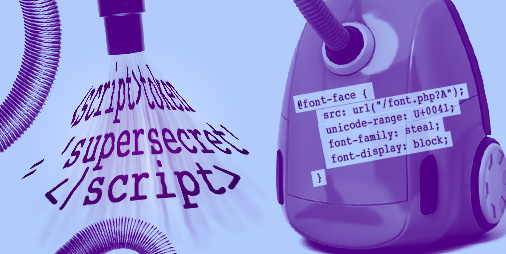Gandalf_The_Grey
Level 85
Thread author
Verified
Honorary Member
Top Poster
Content Creator
Well-known
Forum Veteran
Interesting, saw it posted by @plat1098 on WildersAd blockers like uBlock Origin are extremely popular, and typically have access to every page a user visits. Behind the scenes, they're powered by community-provided filter lists - CSS selectors that dictate which elements to block. These lists are not entirely trusted, so they're constrained to prevent malicious rules from stealing user data.
In this post, we'll show you how we were able to bypass these restrictions in uBlock Origin, use a novel CSS-based exploitation technique to extract data from scripts and attributes, and even steal passwords from Microsoft Edge. All vulnerabilities discussed in this post have been reported to uBlock Origin and patched.
Wilders post:
µBlock, a lean and fast blocker
The largest decrease in filters occurs for Uncloak canonical names.

uBlock, I exfiltrate: exploiting ad blockers with CSS
Ad blockers like uBlock Origin are extremely popular, and typically have access to every page a user visits. Behind the scenes, they're powered by community-provided filter lists - CSS selectors that
